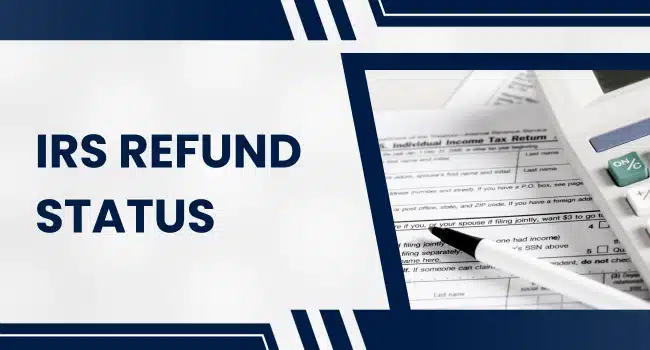How to stop Scam Calls
How to stop Scam Calls
To avoid falling prey to telemarketing scams, it’s vital to be vigilant and take proactive measures to shield yourself. Here are a few tips that will help you understand that how to stop scam calls:
- How to stop Scam Calls
- Register with the National Do Not Call
- Use Call-Blocking Services
- Beware of caller ID spoofing
- Be Cautious with Unknown Numbers
- Don't Provide Personal Information
- Educate Yourself About Scam Calls
- Report Scam Calls
- Use your Phone's Built-in Features
- Limit Sharing Your Phone Number
- Hang Up on Robocalls
- Stay Updated on Scam Trends
Register with the National Do Not Call
In many countries, there are countrywide Do Not Call lists you could check in with. In United States, as an instance, you can upload your wide variety to the National Do Not Call Registry. While this won’t prevent all rip-off calls, it can reduce the variety of valid telemarketing calls you get hold of, making it less complicated to discover potential scams.
Use Call-Blocking Services
Many telephone carrier vendors offer name-blocking offerings or equipment to help perceive or block undesirable calls. These offerings can be useful in filtering out recognized rip-off numbers. Additionally, there are 0.33-birthday party apps to be had for smartphones that offer similar offerings.
Beware of caller ID spoofing
Scammers can manipulate caller ID data to appear to be calling from a reputable agency. Do not wholly depend on caller ID for verification. We have already discussed how they create a fake Caller ID. Click here to read.
Be Cautious with Unknown Numbers
If you receive a call from an unknown number, be cautious. If it’s an essential call, the caller will possibly depart a message. By now not answering unknown calls, you reduce the chance of interacting with a scammer.
Don’t Provide Personal Information
Never deliver out private records such as your social security number, credit card information, or different sensitive statistics over the cellphone until you’re truly positive of the caller’s identification and the legitimacy of the request.
Educate Yourself About Scam Calls
Familiarize your self with common scam name approaches. Scammers regularly pose as representatives from authorities agencies, tech agencies, or charities. Knowing the signs of a rip-off name let you avoid falling victim to 1.
Report Scam Calls
If you receive a scam call, record it to the appropriate government. In the U.S., as an example, you could file it to the Federal Trade Commission (FTC). Reporting helps authorities track and combat these fraudulent activities. If your are in other countries then read our article where to report a scammer.
Use your Phone’s Built-in Features
Most present day smartphones have integrated capabilities for blocking precise numbers. If you word repeated calls from the identical rip-off range, you could block that number directly thru your phone’s name settings.
Limit Sharing Your Phone Number
Be aware of in which you share your phone quantity online or in public spaces. Scammers regularly gather smartphone numbers from publicly available assets.
Hang Up on Robocalls
If you solution a name and it’s a pre-recorded message (now not a live individual), it is probably a robocall and doubtlessly a rip-off. Hang up right away.
Stay Updated on Scam Trends
Scammers constantly evolve their tactics, so staying informed about new scam name developments is crucial. Subscribe our Newsletter to get latest updates of scam.
How to stop Scam Calls Read More »




















